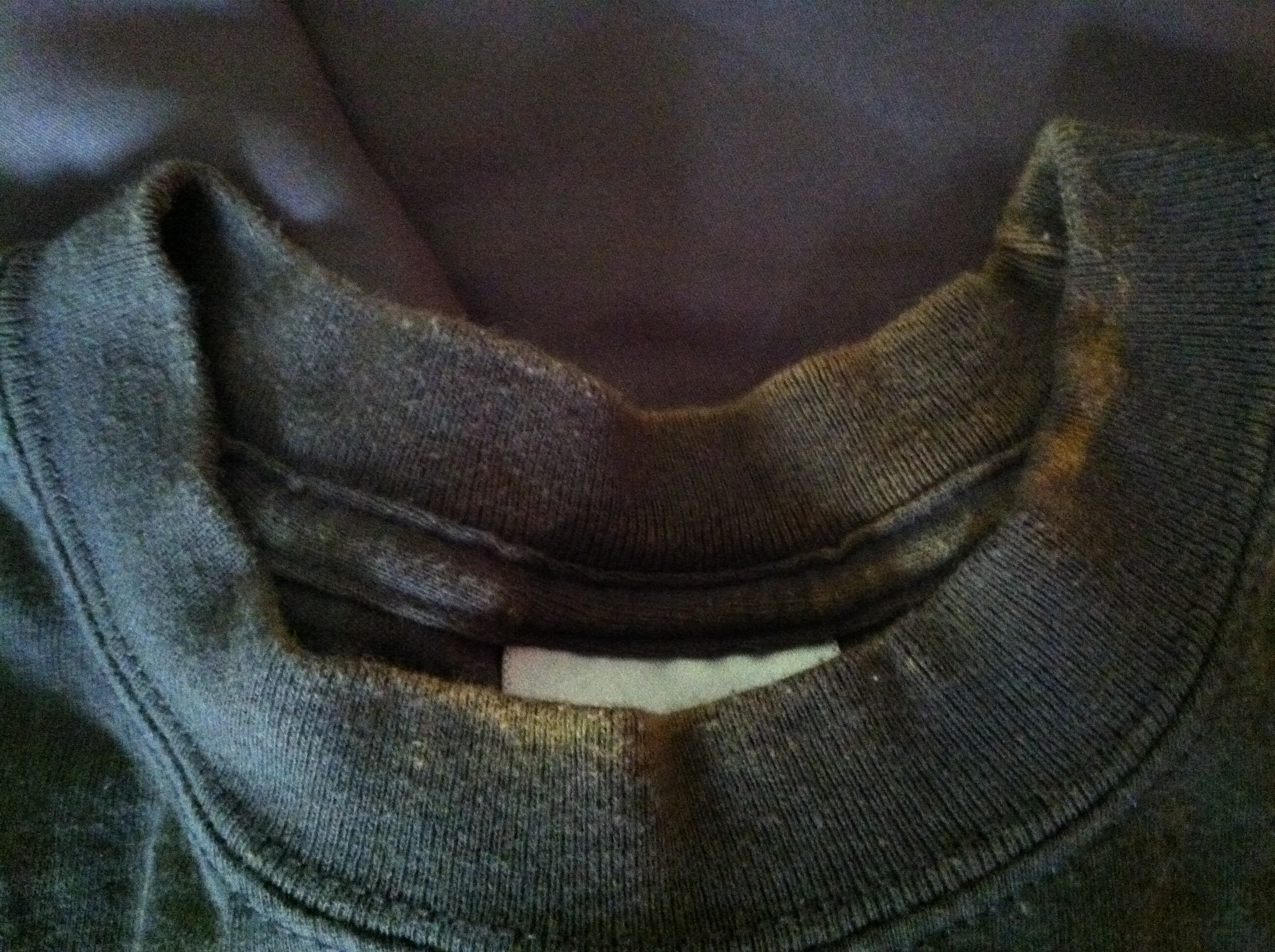Headache With Teeth Pain

Experiencing a headache accompanied by teeth pain can be a distressing and confusing combination of symptoms. It’s not uncommon for people to wonder if there’s a connection between the two, and indeed, there are several possible explanations for why you might be experiencing both a headache and teeth pain simultaneously.
One of the primary reasons for this dual symptomatology could be related to the complex network of nerves in the face and head. The trigeminal nerve, for instance, is responsible for sensation in the face, including the teeth and gums, as well as parts of the head. When this nerve is irritated or inflamed, it can lead to pain in the teeth and headaches. This condition is often seen in temporomandibular joint (TMJ) disorders, where the joint that connects the jawbone to the skull is affected, causing pain in the jaw, teeth, and even leading to headaches due to the strain on the surrounding muscles and nerves.
Another possible cause is sinusitis, an inflammation or infection of the sinus cavities, which can lead to pain in the upper teeth due to the proximity of the sinus cavities to the roots of these teeth. Simultaneously, the pressure and inflammation can also cause headaches. The pain from sinusitis can be felt in the cheeks, forehead, and even the top teeth, especially when bending forward or upon waking up in the morning.
Grinding or clenching your teeth, known as bruxism, is another potential cause for both headaches and teeth pain. The constant strain on the jaw muscles can lead to tension headaches, and the pressure on the teeth can cause pain and sensitivity. This behavior can be exacerbated by stress, anxiety, or even as a habitual action during sleep, making it difficult to identify without awareness of the grinding or clenching, or symptoms such as jaw pain or worn-down teeth.
Dental issues themselves, such as abscesses, cracked teeth, or gum disease, can also lead to pain that radiates to the head, causing headaches. The body’s response to infection or inflammation in any part of the mouth can trigger pain receptors in the head, leading to headaches.
Lastly, it’s worth considering the role of migraines in causing both headache and teeth pain. Some people experience a phenomenon known as “referred pain,” where the pain from a migraine is perceived in areas other than its actual source, potentially leading to the sensation of teeth pain when the primary cause is a migraine.
Understanding the cause of your specific symptoms is crucial for effective treatment. If you’re experiencing persistent or severe headaches accompanied by teeth pain, it’s essential to consult a healthcare professional or a dentist to determine the underlying cause and appropriate treatment plan. Depending on the diagnosis, treatment could range from dental procedures to address any oral health issues, physical therapy to alleviate TMJ disorders, medication to manage pain and inflammation, or even stress management techniques to combat bruxism and related tension headaches.
FAQ Section
Can teeth pain cause headaches, or is it the other way around?
+It can be both. Teeth pain can lead to headaches due to referred pain or the strain on facial muscles, while headaches, especially migraines or tension headaches, can cause pain that feels like it's originating from the teeth due to the complex nerve network in the face and head.
How do I know if my headache is related to a dental issue?
+Look for additional symptoms such as tooth sensitivity, pain when chewing, or signs of bruxism like jaw pain or worn teeth. If your headaches seem to coincide with dental issues or if you notice relief from dental treatments, it could indicate a connection between your headache and dental health.
Are there any home remedies for alleviating headache and teeth pain simultaneously?
+Yes, applying a warm or cold compress to the affected area, practicing relaxation techniques to reduce stress and bruxism, and maintaining good oral hygiene can help alleviate symptoms. Over-the-counter pain relievers might also provide temporary relief, but it's crucial to consult a healthcare professional for a proper diagnosis and treatment plan.
Can stress and anxiety contribute to both headaches and teeth pain?
+Yes, stress and anxiety can exacerbate or even cause both headaches and teeth pain. They can lead to behaviors like bruxism, increase muscle tension, and trigger migraine attacks. Engaging in stress management techniques such as meditation, yoga, or cognitive therapy can help reduce these symptoms.
How often should I visit a dentist if I'm experiencing frequent headaches and teeth pain?
+It's recommended to visit a dentist at least twice a year for check-ups, especially if you're experiencing symptoms like headaches and teeth pain frequently. Regular dental visits can help identify and treat dental issues early, potentially reducing the incidence of associated headaches.
In conclusion, the relationship between headaches and teeth pain is complex and can stem from a variety of causes, ranging from dental issues to neurological conditions. By understanding the potential connections and seeking professional advice, individuals can better manage their symptoms and improve their overall health and well-being. Remember, while it’s possible to find relief through self-care and dental treatments, a comprehensive approach that considers both dental and general health is often the most effective way to address these intertwined issues.
